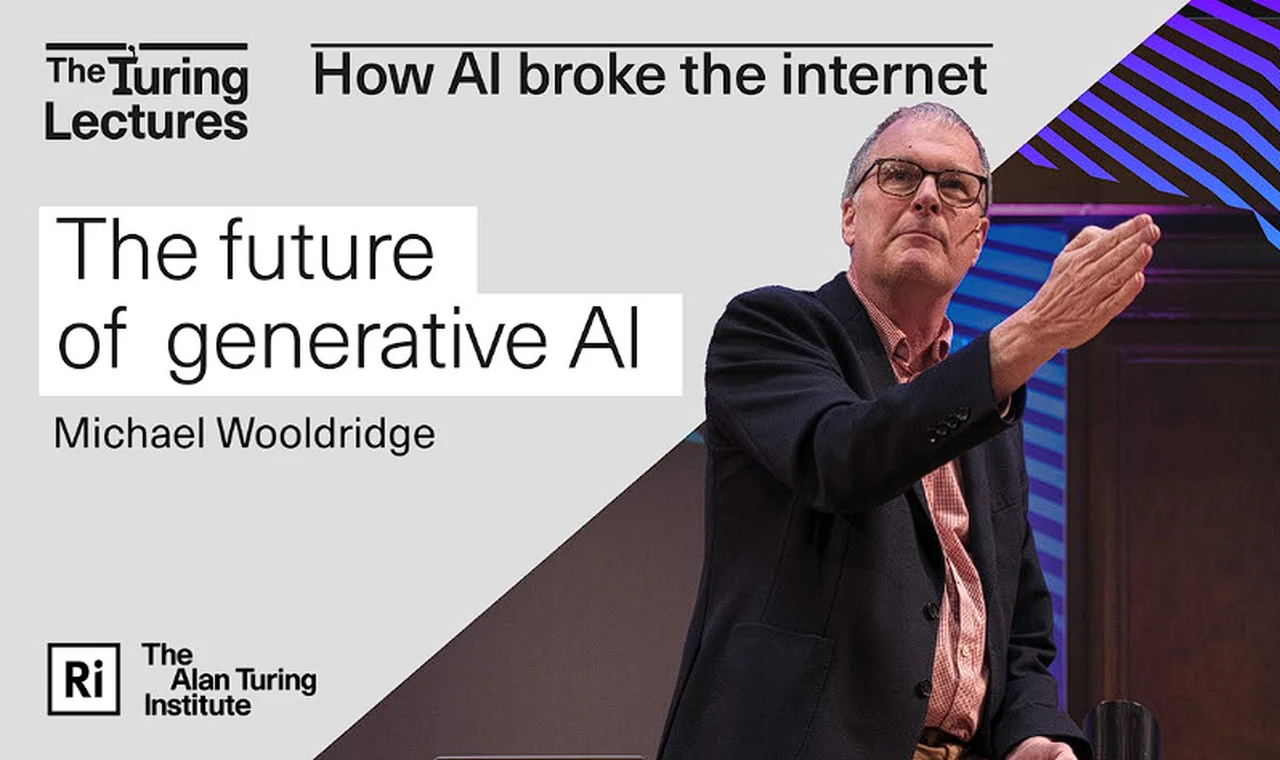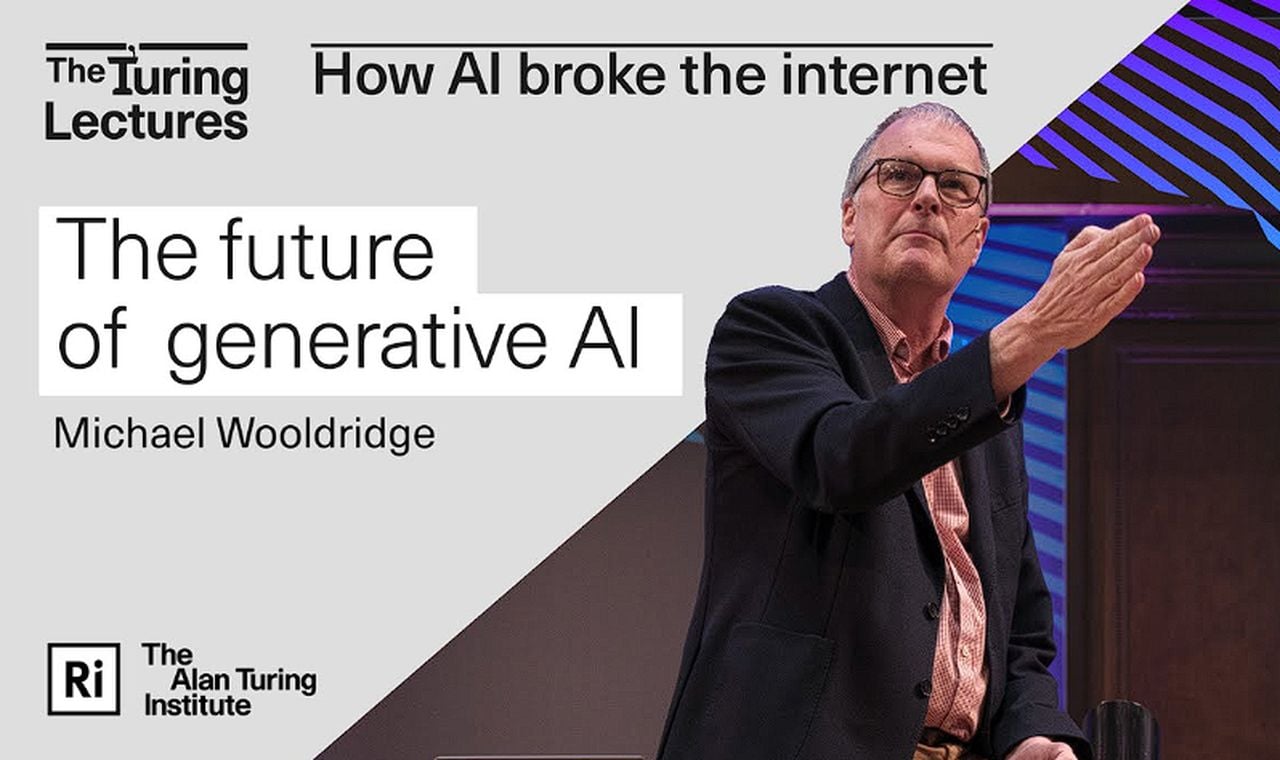
The field of artificial intelligence (AI) is undergoing a significant transformation, and the Turing Institute is at the forefront of this exciting era. Named after the legendary AI pioneer Alan Turing, the institute has become a beacon of innovation, turning theoretical concepts into practical applications that are beginning to reshape our world.
Since the mid-2000s, AI has experienced a surge in growth, driven by breakthroughs in machine learning. The effectiveness of these systems is largely dependent on the quality of the training data they receive. This process, known as supervised learning, allows AI to learn from examples. One of the most critical developments in this area has been the creation of neural networks. These networks, inspired by the human brain, enable machines to process and interpret vast amounts of data.
The future of generative AI
Among the most notable advancements in AI is the creation of sophisticated language models, such as GPT-3. These models have the ability to generate text that is so similar to human writing that it can be difficult to distinguish between the two. The versatility of these models is remarkable, and they are being used in a variety of applications. However, they are not without their flaws. These AI systems can sometimes produce errors, demonstrate biases, and raise concerns about issues such as toxicity and compliance with laws like the General Data Protection Regulation (GDPR).
Despite the impressive capabilities of current AI systems, they still fall short in certain areas. For instance, AI does not yet fully understand context, nor does it possess consciousness or reasoning abilities. This distinction highlights the gap between what AI can do and the full spectrum of human intelligence, which encompasses more than just language skills and pattern recognition.
The pursuit of General AI, which aims to replicate the full range of human intellectual abilities, raises profound philosophical and ethical questions. As AI-generated content becomes more prevalent online, we must consider the responsibilities associated with this content and the potential impact of AI on society, including the feedback loops it may create.
To address some of these challenges, researchers are exploring new approaches that combine symbolic AI, which operates based on a set of rules, with the data-driven methods used by large AI systems. This combination is expected to yield more robust and capable AI technologies. Additionally, the development of multimodal AI, which can process and understand various types of data such as text, images, and videos, is set to expand the possibilities of what AI can achieve.
The Turing Institute is playing a critical role in pushing the boundaries of AI while also addressing the ethical considerations that accompany these technological advances. As AI continues to progress, the goal is not to replace human capabilities but to augment them, creating tools that enhance our abilities and contribute positively to society. The future of generative AI is not only about technological innovation but also about navigating the complex landscape of societal implications that come with it.
Image Credit: Turing Institute
Filed Under: Guides, Top News
Latest timeswonderful Deals
Disclosure: Some of our articles include affiliate links. If you buy something through one of these links, timeswonderful may earn an affiliate commission. Learn about our Disclosure Policy.

